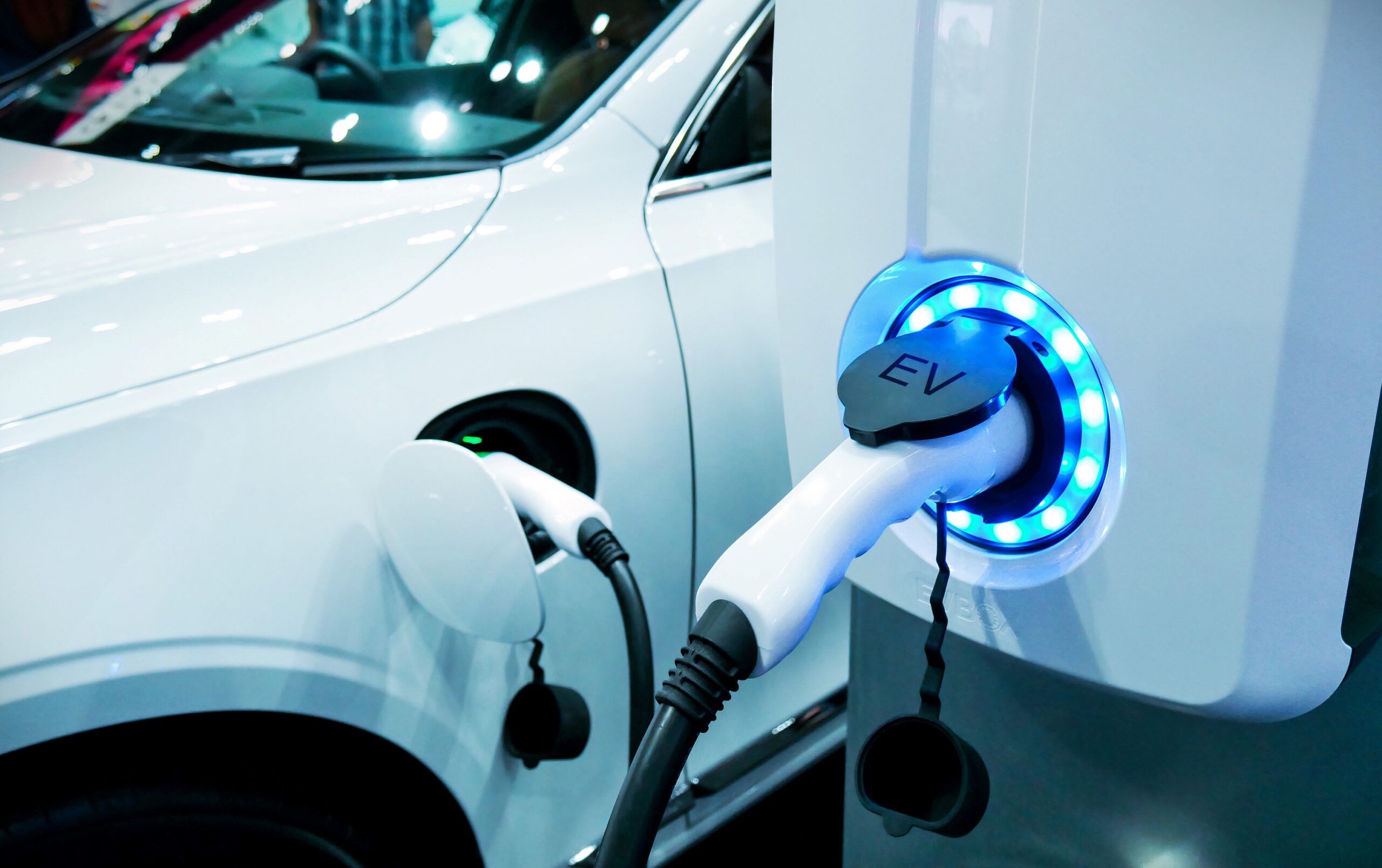The automotive industry is undergoing a profound transformation, as electric vehicles (EVs) emerge as a powerful force in shaping the future of transportation. With advancements in technology and growing environmental concerns, the EV revolution is gathering momentum, paving the way for a cleaner, more sustainable future. In this article, we explore the innovations that are propelling the rise of electric vehicles and reshaping the automotive landscape.
The Drive Toward Sustainability
At the heart of the EV revolution is the pursuit of sustainability. Traditional internal combustion engines contribute significantly to air pollution and greenhouse gas emissions. Electric vehicles, on the other hand, produce zero tailpipe emissions, making them a vital tool in the fight against climate change. Innovations in battery technology and energy storage have been instrumental in enhancing the range and performance of EVs, making them a viable and eco-friendly alternative to traditional vehicles.
Breakthroughs in Battery Technology
Central to the success of electric vehicles is the evolution of battery technology. Researchers and engineers have been working tirelessly to develop batteries that are more energy-dense, longer-lasting, and faster to charge. Lithium-ion batteries, which power most EVs today, have seen significant advancements, leading to improved energy storage and reduced charging times. Additionally, solid-state batteries are on the horizon, promising even higher energy densities and enhanced safety features.
Charging Infrastructure
One of the key challenges facing EV adoption has been the availability of a robust charging infrastructure. Innovations in charging technology are now addressing this concern. Fast-charging stations are becoming more widespread, enabling drivers to recharge their vehicles in a matter of minutes. Moreover, wireless charging technology is being explored, allowing EVs to charge simply by parking over designated charging pads. These advancements are essential for making EVs a convenient choice for everyday drivers.
Autonomous and Connected EVs
The rise of electric vehicles is intertwined with the development of autonomous and connected driving technologies. EVs are well-suited for integration with autonomous systems due to their electric drivetrains’ inherent efficiency and the potential for seamless integration with vehicle-to-vehicle (V2V) and vehicle-to-infrastructure (V2I) communication. As self-driving technology continues to evolve, it is likely to accelerate the adoption of electric and shared mobility solutions.
Economic Incentives and Policy Changes
Governments around the world are recognizing the importance of transitioning to electric vehicles and are implementing a range of incentives and policies to drive adoption. These may include subsidies for EV purchases, tax credits, and the expansion of public charging networks. As these initiatives gain traction, they are playing a crucial role in accelerating the transition to electric mobility.
Conclusion
The rise of electric vehicles represents a seismic shift in the automotive industry. Innovations in battery technology, charging infrastructure, and autonomous driving are propelling the EV revolution forward. As consumer demand for sustainable transportation grows and technology continues to advance, electric vehicles are poised to become the mainstream choice for commuters and enthusiasts alike. The road ahead is paved with innovation, promising a cleaner, greener, and more efficient future for transportation.


























+ There are no comments
Add yours